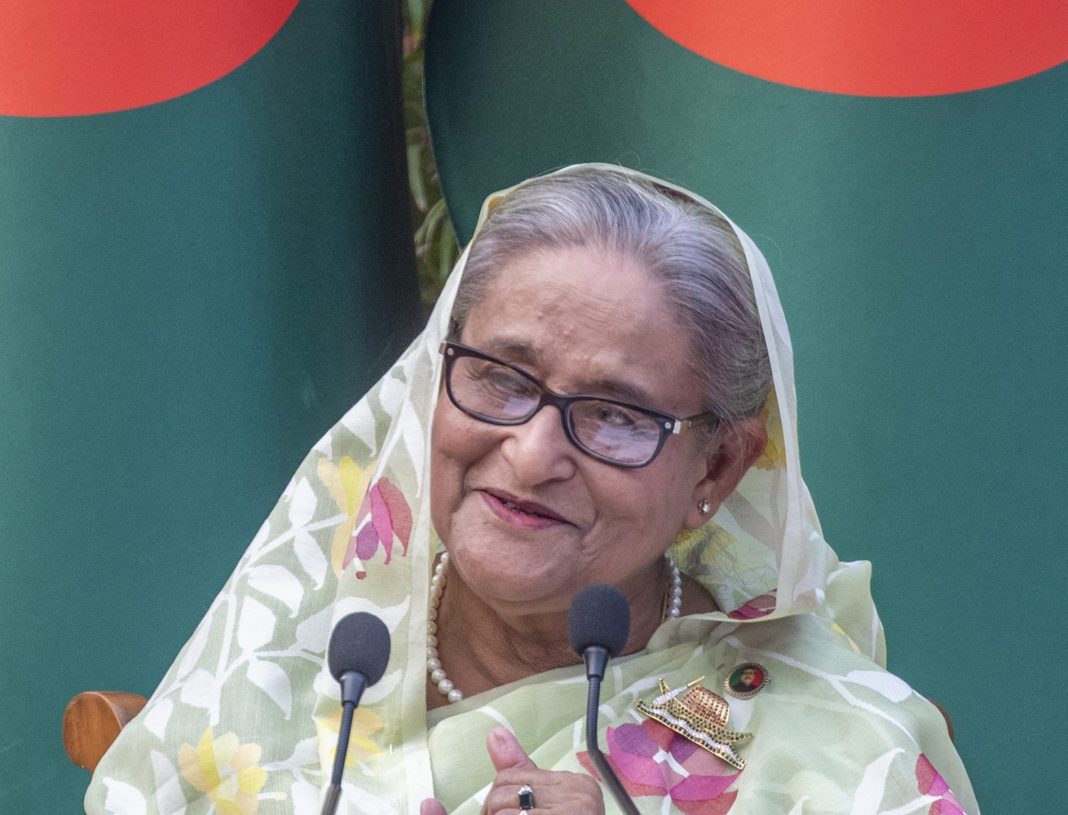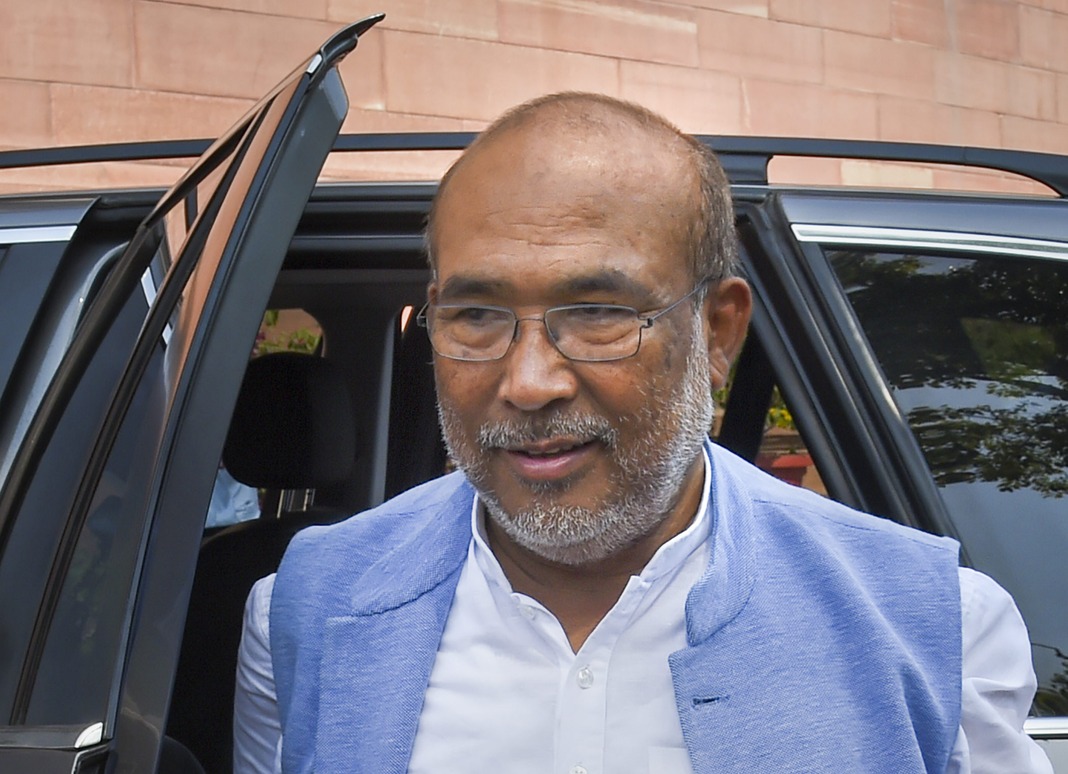Dhaka, Dec 26: Bangladesh faced an upheaval this year with the ouster of long-time Prime Minister Sheikh Hasina, a development that also cast a shadow over its traditionally strong ties with India. The relations could be strained further: Bangladesh now seeks her extradition from India.
The removal of 77-year-old Hasina followed weeks of protests led by students over a controversial quota system in government jobs that escalated into a nationwide campaign calling for the end of her 16-year regime.
In August, tens of thousands rallied against what they perceived as political repression. The military opted not to use lethal force against the protestors while Hasina hurriedly left Bangladesh for India – just months after she had secured her fourth straight term as prime minister.
The anti-government protests resulted in the deaths of more than 1,500 people, including students, in confrontations between protestors and security forces, according to officials.
The 84-year-old Nobel laureate Muhammad Yunus, who had been in a protracted row with the Hasina government, was favoured by the student protestors to lead the interim government.
The relations between India and Bangladesh came under strain after the interim government headed by Yunus came to power on August 8.
There has been a spate of attacks on minorities, including Hindus, in Bangladesh in the last few months. The arrest of a Hindu monk on sedition charges further added to India’s concerns, which Foreign Secretary Vikram Misri conveyed to Dhaka when he travelled there earlier this month.
His trip was the first high-level visit by an Indian official to Bangladesh since Hasina’s ouster.
“The Indian foreign secretary’s visit gave a signal that New Delhi is keen to maintain a normal relationship with Bangladesh accepting the changed reality,” said former diplomat Humayun Kabir, the head of the think-tank Bangladesh Enterprises Institute (BEI). He was apparently referring to India’s close ties with the Hasina government.
In recent weeks, Hasina has accused the Yunus-led administration of perpetrating “genocide” and failing to protect minorities, especially Hindus.
The interim government has responded with a note verbale, or diplomatic communication, to New Delhi seeking her extradition.
Bangladesh International Crimes Tribunal has issued arrest warrants for Hasina and her former Cabinet ministers, advisers, and military and civil officials for “crimes against humanity and genocide”.
The interim government has claimed that around 3,500 citizens suffered from enforced disappearances throughout Hasina’s tenure. More than 200 cases, including that of murder, have been filed against Hasina since her ouster.
The fate of Hasina’s once all-powerful Awami League hangs in the balance as the student leaders want it kept out of the next election, labelling the party “fascist.”
This, analysts say, might have implications on holding a credible poll with the participation of only two major groups, the Bangladesh Nationalist Party and the far-right Jamaat-i-Islami whose controversial history dating back to the 1971 Liberation War remains deeply embedded in the public consciousness.
“It is yet a bit difficult to assume what will be the scenario during the next election, in terms of participation of major parties,” said Kabir, who previously served in India as a deputy high commissioner and later ambassador to the United States.
With many Awami League leaders and activists imprisoned or in hiding, it remains uncertain how the party will carry out its political activities.
In his Victory Day speech, Yunus made no mention of the founding leader and Hasina’s father Sheikh Mujibur Rahman on the day that marks the Liberation of Bangladesh — and the surrender of nearly a lakh Pakistani soldiers to Indian forces.
Bangladesh has started the process of erasing the image of Sheikh Mujibur Rahman from its currency notes as it phases out the old notes.
Instead, there would be images of religious structures, Bengali traditions and the July uprising on new notes.
According to the central bank, banknotes of Taka 20, 100, 500, and 1,000 are being printed on the instructions of the interim government.
The interim government also cancelled a national holiday on August 15, marking the assassination of Sheikh Mujibur Rahman.
The interim government is yet to announce a roadmap for the general election. But in the Victory Day speech, Yunus said it could take place at the end of 2025 or the first half of 2026.
“It appears that the interim government wants to linger its tenure to accomplish the reforms in different sectors,” political commentator and National Election Observation Parishad president Nazmul Ahsan Kalimullah said.
The Awami League regime for years claimed Bangladesh as a role model for development with its steady economic growth. In the decade before the Covid pandemic the country’s economy grew by 7 per cent annually.
The narrative, however, is now being questioned with a white paper by a state-appointed committee earlier this month that said the development story was largely “hyped up” and underpinned by “cooked-up” GDP figures.
The Asian Development Bank in December slashed its growth forecast for the country, while the World Bank said half of all non-poor rural households were at risk of falling back into poverty.
The interim government made major reshuffles in bureaucracy, police administration and other state-run organisations by arresting, removing or sidelining people believed to be close to the ousted regime.
In 2025, the interim government faces the task of restoring political and economic stability ahead of the next elections.(PTI)




